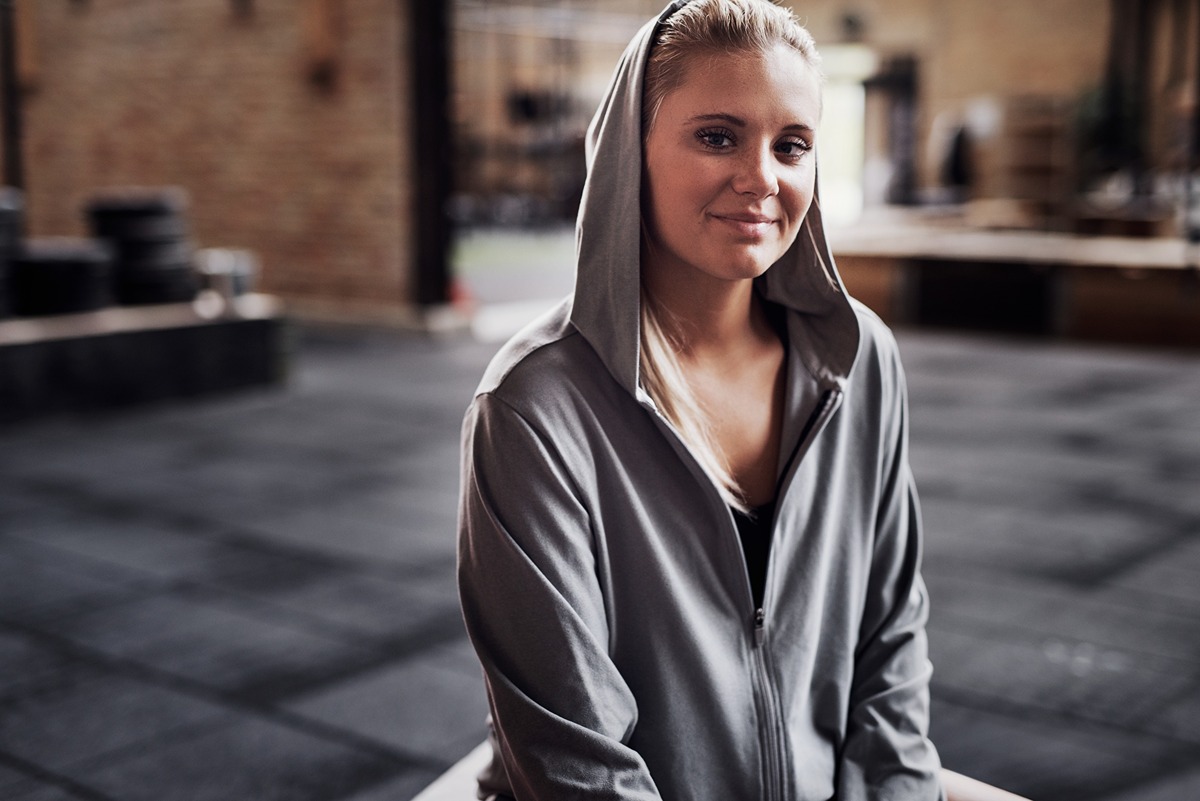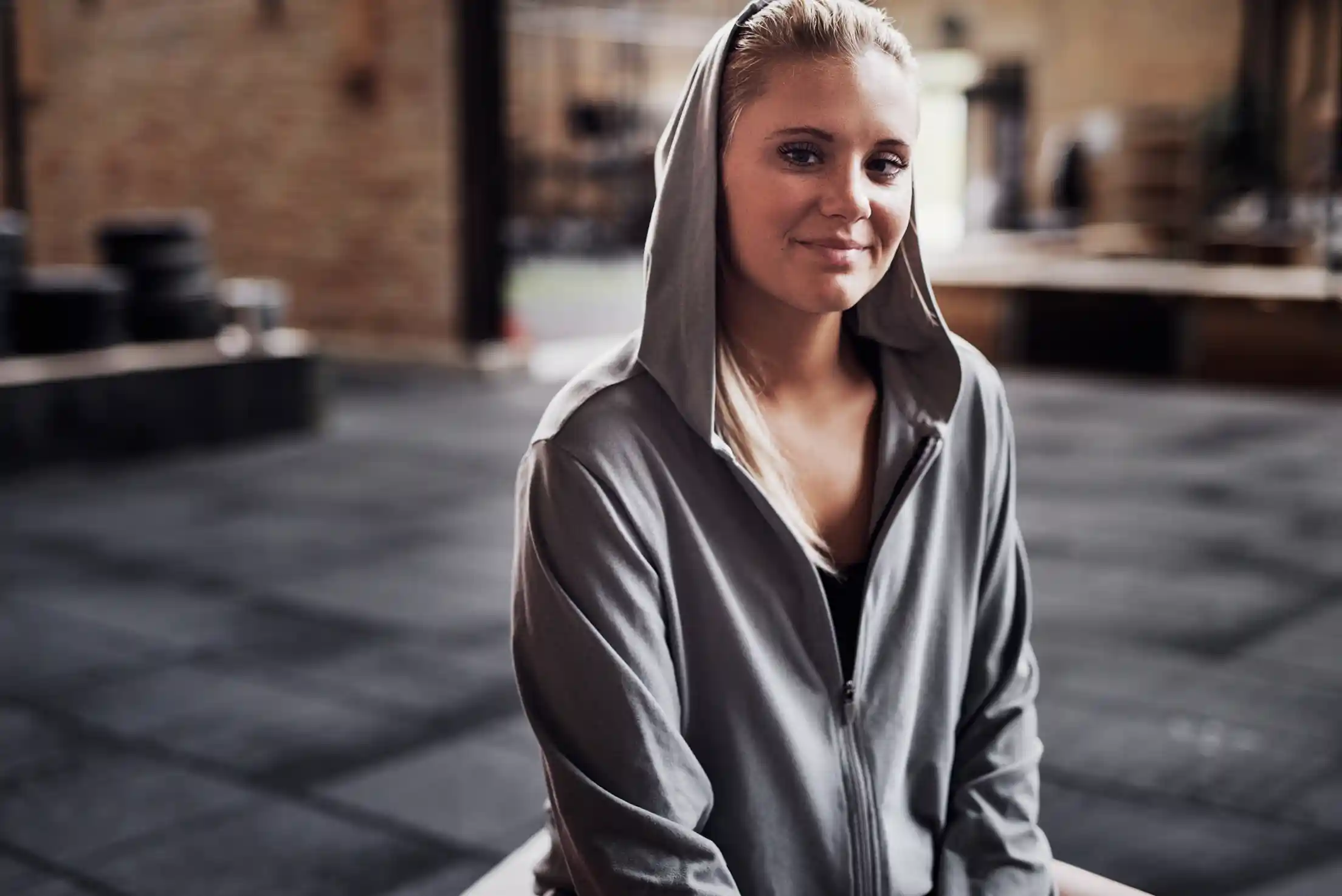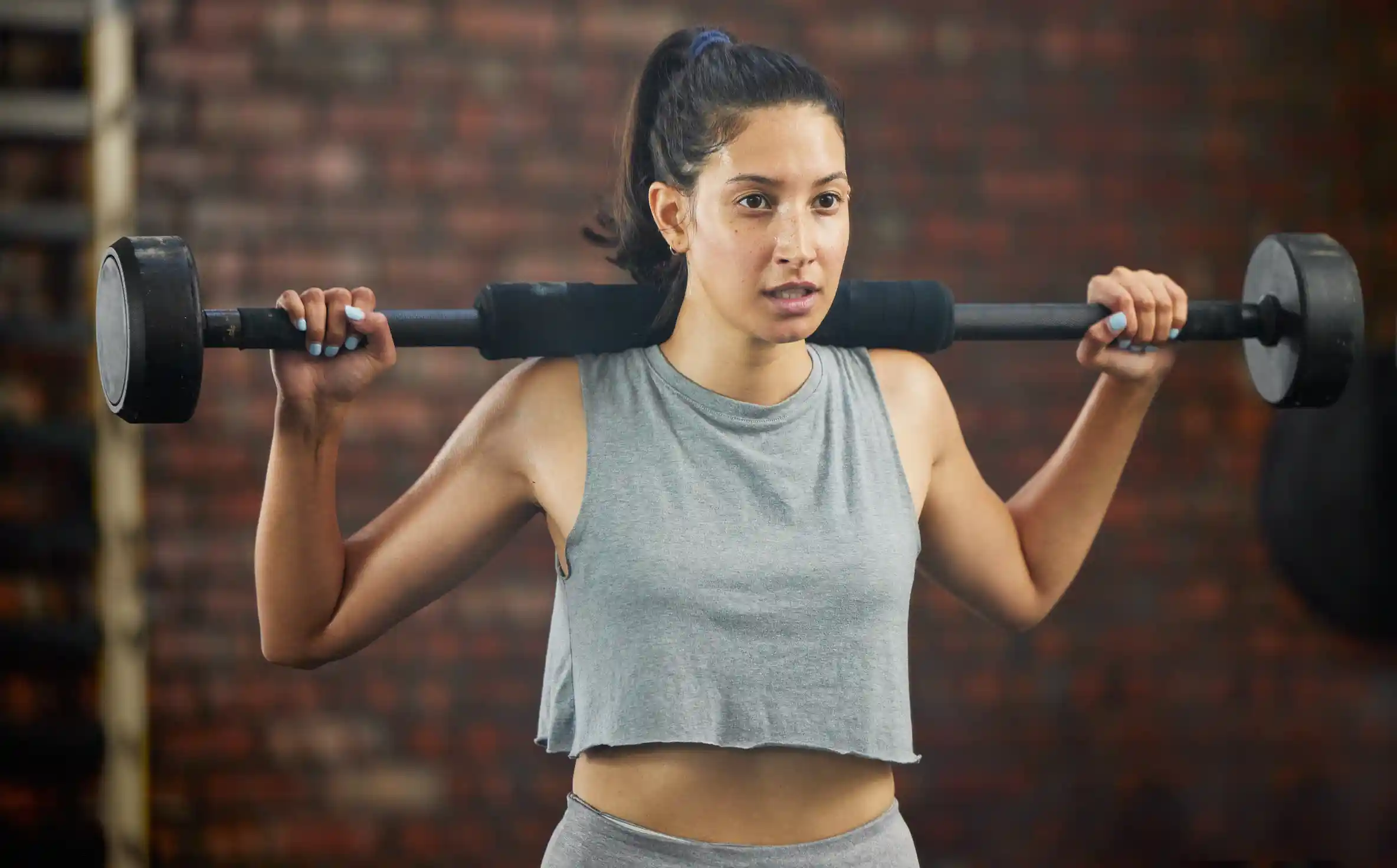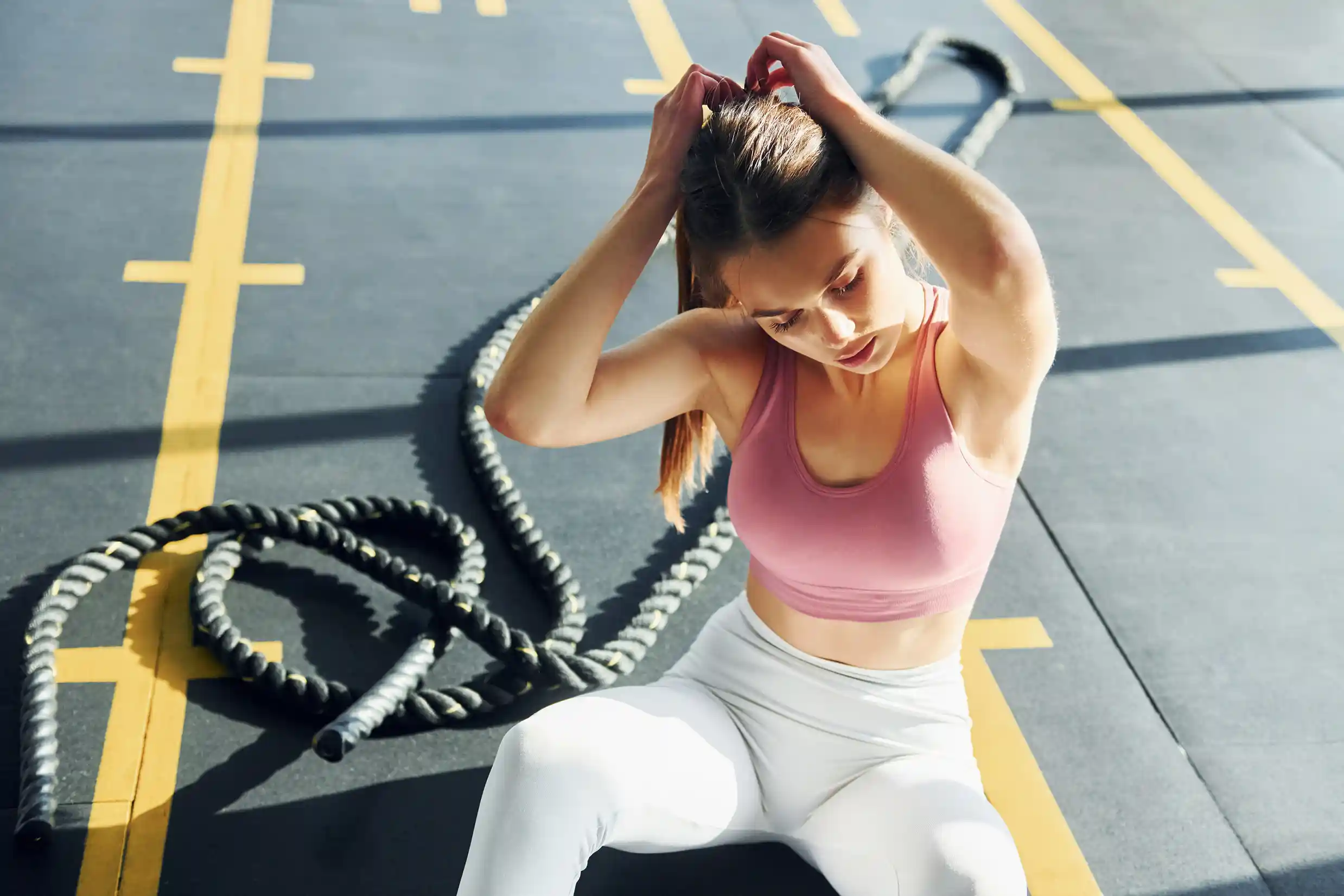
When it comes to hitting the gym, you know that choosing the right workout gear can make all the difference. Not only do you want to look good while breaking a sweat, but you also want to feel comfortable and perform at your best. The wrong fabric can leave you feeling sweaty, restricted, or even chafed. No, thank you! That's why there's an ongoing debate among fitness enthusiasts about the best fabric for gym wear. And one fabric that seems to be in the spotlight is good ol' cotton. Is it truly the best choice for your gym wear?
In this article, we'll dive into the pros and cons of choosing cotton as your go-to fabric for hitting the gym. We'll explore its sweat-absorbing abilities, comfort factor, durability concerns, and more. So, whether you're a seasoned fitness fanatic or just starting on your wellness journey, join us as we unravel the truth about cotton and its suitability as a workout companion.

When it comes to hitting the gym, comfort and performance are key. Let's dive in and explore the pros of cotton gym wear. First up, let's talk about sweat absorbency. Cotton is known for its superior ability to soak up sweat, making it an excellent choice for those intense workouts. Whether you're pushing yourself with high-intensity training or living in a hot climate, cotton will keep you feeling dry and comfortable.
Cotton is known for its breathability. It allows air to circulate through the fabric, keeping you cool during your workouts. This makes it an ideal option for those hot summer days or intense workout sessions where temperature regulation is key. Plus, with cotton's ability to wick away moisture from your body, you can say goodbye to that uncomfortable clingy feeling during your workout sessions.

You're not just working up a sweat; you're investing in your health and well-being. That's why choosing the right fabric is so crucial. Cotton gym wear feels gentle against your skin, providing you with maximum comfort as you tackle those challenging exercises. Another advantage of cotton gym wear is its hypoallergenic properties. If you have sensitive skin or allergies, cotton can be a game-changer. It minimizes irritation and reduces the risk of any allergic reactions while keeping you cool and dry.
But what about different age groups? Well, cotton is suitable for everyone – from middle-aged fitness enthusiasts to seniors who want to maintain an active lifestyle. Its softness and breathability make it an ideal choice regardless of your age. So, when it comes to comfort then breathability, softness, and hypoallergenic properties - cotton definitely has a lot going for it in the world of gym wear.

When it comes to choosing the best fabric for gym wear, durability is a key factor to consider. While cotton may have its advantages, it does come with some potential downsides that you should keep in mind.
Cotton is not as resilient as synthetic materials such as polyester or nylon. Over time, cotton gym wear may start to show signs of wear and tear more quickly than its synthetic counterparts. This means that your favorite cotton workout shirt might lose its shape or color after several washes, giving it a tired and worn-out look. For individuals on a tighter budget, this can be a significant disadvantage. If you're constantly having to replace your cotton gym wear due to its lack of durability, it can become quite costly in the long run. Synthetic fabrics tend to hold up better under repeated use and washing, making them a more cost-effective option.
While cotton may not be the most durable option for your gym wear, it still has its place in certain situations. If you prefer the softness and breathability of cotton or have sensitive skin or allergies, then opting for cotton gym wear might be the right choice for you.

One of the drawbacks of cotton gym wear is its tendency to become heavy and uncomfortable when soaked with sweat. Unlike synthetic fibers that wick away moisture and dry quickly, cotton retains moisture like a sponge.
This means that during prolonged intense workouts, your cotton gym wear can become weighed down and cling to your body, making you feel hotter and more uncomfortable.This lack of quick-drying feature can be particularly inconvenient for those who engage in activities like high-intensity interval training or cycling classes, where sweating buckets is part of the game. You don't want your clothing dragging you down or hindering your movements when you're trying to push yourself to the limit.

While cotton offers several advantages, it's important to consider your personal needs and preferences before making a decision. Let's recap the pros and cons of cotton gym wear to help you make an informed choice:
Comfort: Cotton is known for its breathability, softness, and hypoallergenic properties, providing a comfortable experience during workouts for people of all age groups.
Sweat Absorption: Cotton's superior sweat-absorbing qualities make it an excellent choice for high-intensity workouts and hot climates.
Durability Concerns: Compared to synthetic materials, cotton may be less durable, with potential issues like color fading and shape loss after multiple washes.
Weight Issues: When soaked with sweat during intense workouts, cotton can become heavy and uncomfortable. It also lacks quick-drying capability compared to synthetic fibers.
Ultimately, the choice between cotton and other fabrics for your gym wear depends on your lifestyle, comfort needs, budget constraints, and personal preferences. Whether you opt for the softness of cotton or the quick-drying features of synthetics, what matters most is finding workout attire that helps you feel confident and perform at your best. So, go ahead, choose the fabric that suits you—remembering that it's all about finding what makes you feel comfortable as you strive for fitness goals!
